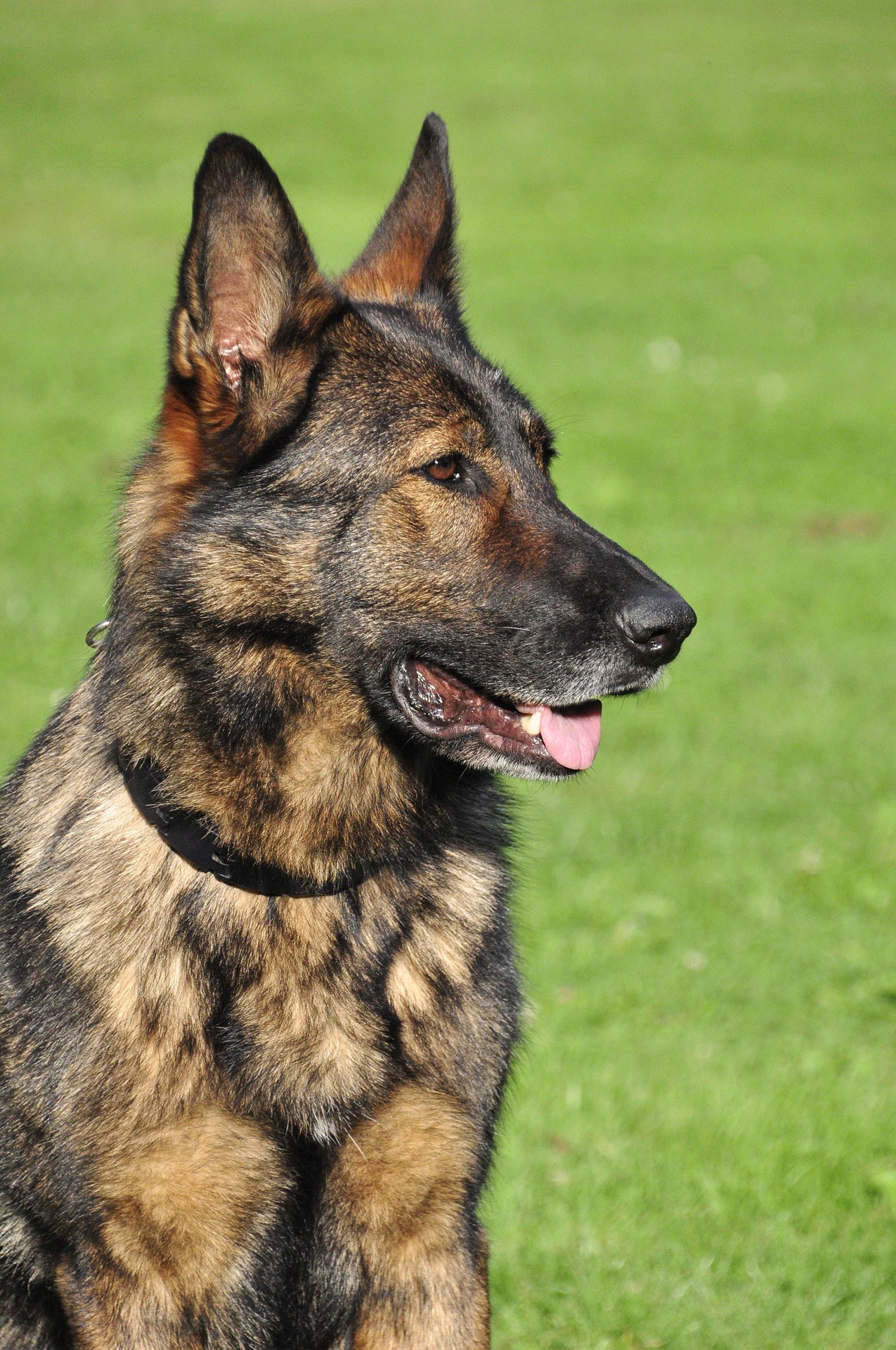As an avid animal lover and seasoned volunteer in the world of rescue dog operations, I’ve had the privilege of working closely with numerous experts in the field. One question that often arises when discussing rescue dog adoption is how these incredible animals are certified. In this article, I’ll delve into the world of rescue dog certification, sharing insights from seasoned professionals and highlighting the rigorous process involved in preparing these dogs for their forever homes.
Understanding the Rescue Dog Certification Process
When it comes to rescue dog certification, it’s essential to understand that the process varies depending on the organization, location, and breed of dog. However, there are some commonalities that can be found across the board. According to experts in the field, rescue dog certification typically involves a comprehensive evaluation of the dog’s behavior, temperament, and health. This assessment is crucial in determining the dog’s suitability for adoption and identifying potential areas for training and socialization.
A Glimpse into the Certification Journey
I recall a conversation with a rescue dog trainer who shared with me the story of Max, a rescue dog that had been certified through their organization. Max, a lovable and energetic Labrador Retriever mix, had been rescued from a hoarding situation and was initially timid and fearful. Through a structured rescue dog training program, Max was able to overcome his anxieties and develop into a confident, well-adjusted companion. The trainer explained that Max’s certification process involved a series of evaluations, including behavioral assessments, medical checks, and socialization exercises. This comprehensive approach ensured that Max was not only adoptable but also well-prepared for his new life with a forever family.
The Role of Behavioral Assessments in Rescue Dog Certification
Behavioral assessments play a crucial role in rescue dog certification. These evaluations help experts understand the dog’s personality, temperament, and potential behavioral challenges. During these assessments, rescue dog evaluators observe the dog’s reactions to various stimuli, such as loud noises, strangers, and other animals. This information is vital in determining the dog’s compatibility with potential adopters and identifying areas where additional training may be necessary. As one rescue dog behaviorist explained to me, “A thorough behavioral assessment is essential in ensuring that the rescue dog is placed in a home where they will thrive, and the adopters are prepared to provide the necessary care and attention.”
Examples of Behavioral Assessments
Some common behavioral assessments used in rescue dog certification include:
- S.A.T. (Socialization, Aggression, and Fear) test: This assessment evaluates the dog’s socialization skills, aggression levels, and fear responses.
- PPA (Peninsula Pet Assessment): This test assesses the dog’s reactions to various stimuli, such as loud noises, strangers, and other animals.
- DFK (Dr. Ian Dunbar’s Functional K9 Behavior Assessment): This evaluation examines the dog’s basic obedience skills, socialization, and emotional stability.
The Importance of Medical Checks in Rescue Dog Certification
Medical checks are another critical component of rescue dog certification. These evaluations ensure that the dog is healthy and free from any underlying medical issues that could impact their quality of life or adoption prospects. As one vet explained to me, “A thorough medical check is essential in identifying potential health concerns, such as parasites, infections, or chronic conditions, which can be treated or managed to ensure the dog’s overall well-being.”
Common Medical Checks Used in Rescue Dog Certification
Some common medical checks used in rescue dog certification include:
- Physical examinations: A thorough physical examination to identify any visible signs of illness or injury.
- Vaccinations and titre tests: Verification of up-to-date vaccinations and titre tests to ensure the dog is protected against common diseases.
- Parasite control: Treatment and testing for internal and external parasites, such as fleas, ticks, and worms.
- Blood work and urinalysis: Laboratory tests to evaluate the dog’s overall health and detect potential underlying conditions.
Socialization Exercises in Rescue Dog Certification
Socialization exercises are a vital part of rescue dog certification, as they help the dog develop essential social skills and confidence in new environments. As one rescue dog socializer explained to me, “Socialization is key to helping rescue dogs overcome their past experiences and develop into well-adjusted, friendly companions.” These exercises may include exposure to new people, animals, sights, and sounds, as well as basic obedience training and positive reinforcement techniques.
Benefits of Socialization Exercises
Socialization exercises offer numerous benefits for rescue dogs, including:
- Increased confidence: Socialization helps rescue dogs become more confident in new situations and around new people.
- Improved behavior: Socialization exercises can help rescue dogs develop better behavior, such as reduced fear and aggression.
- Enhanced adoptability: Socialization increases the rescue dog’s adoptability, as they become more well-rounded and appealing to potential adopters.
Conclusion
In conclusion, rescue dog certification is a multifaceted process that involves behavioral assessments, medical checks, and socialization exercises. By understanding the intricacies of this process, potential adopters can appreciate the effort and care that goes into preparing rescue dogs for their forever homes. As one rescue dog expert succinctly put it, “Certification is not just a piece of paper; it’s a guarantee that the rescue dog has been thoroughly evaluated and prepared for a successful adoption.” Whether you’re a seasoned rescue dog adopter or just starting your journey, it’s essential to recognize the value of rescue dog certification and the dedicated individuals who work tirelessly to ensure these incredible animals find their forever homes.
